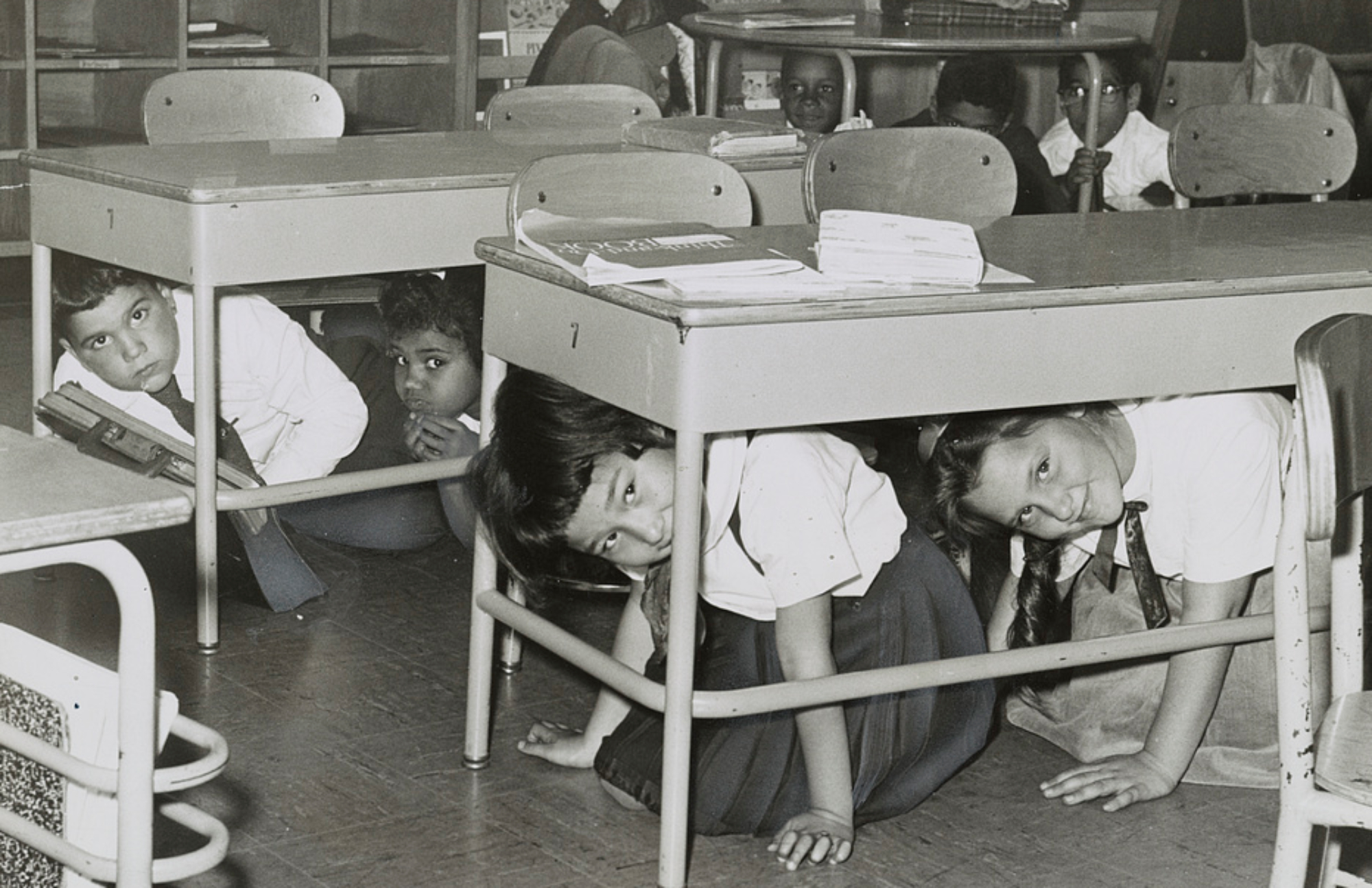The virtual seminar will be held from 12:30 to 2:00 p.m. (E.T.)
Psychologists have become increasingly interested in empirically studying how individuals respond to global risks such as climate change. There has however been little attention to the risks of nuclear weapons and nuclear war since Susan Fiske’s seminal review in 1987 “People’s reactions to nuclear war: Implications for psychologists.” This presentation will present preliminary insights from an ongoing systematic review of research since then on the psychology of nuclear dangers. This will include the type and focus of empirical studies, and how these studies address how risk reflects and shapes knowledge, beliefs, feelings, and behaviors. The goal is to provide insights into how and why psychological responses to nuclear war risk may have changed over time, and how individuals today experience existential or dread risk.
About the speaker: Astrid Kause is a psychologist and behavioral decision scientist. A visiting researcher at Princeton’s Program on Science and Global Security, she is an assistant professor at Leuphana University of Lüneburg, and an associate researcher at the University of Potsdam’s Harding Center for Risk Literacy. She studies the cognitive and psychological mechanisms driving risk perception and decision-making in face of global security challenges such as nuclear dangers and climate change.
